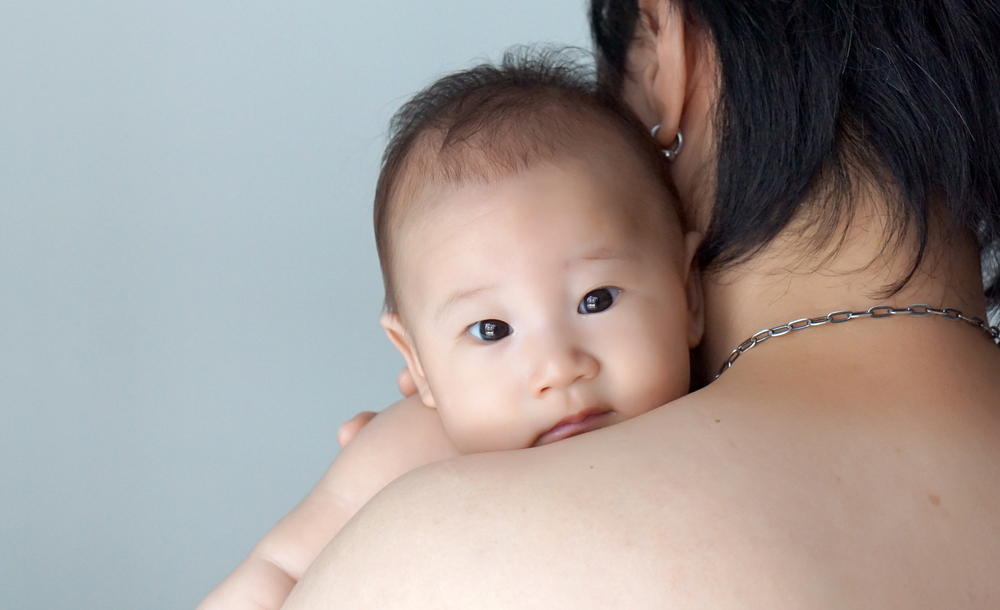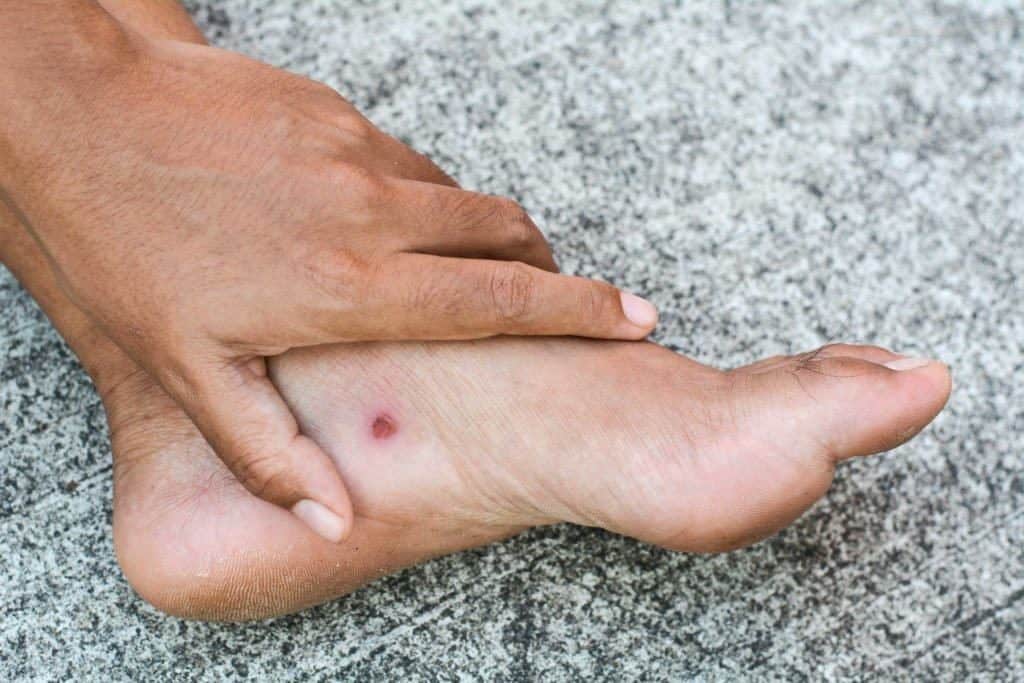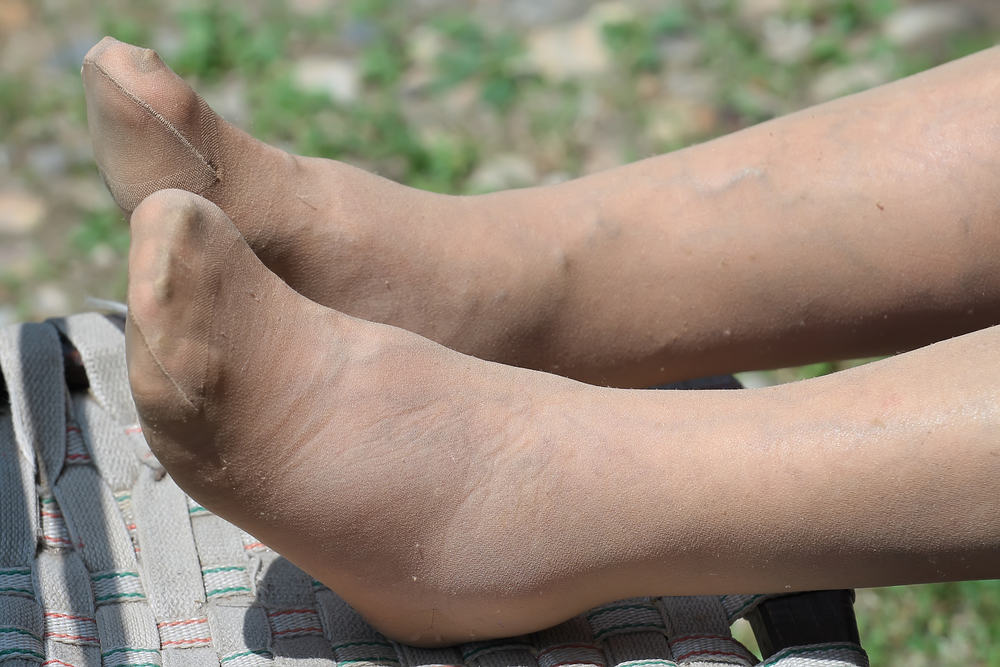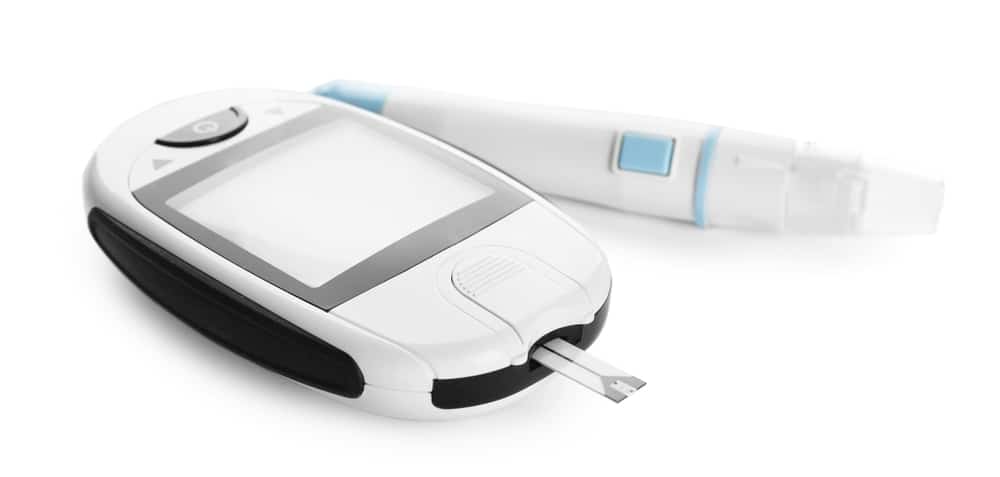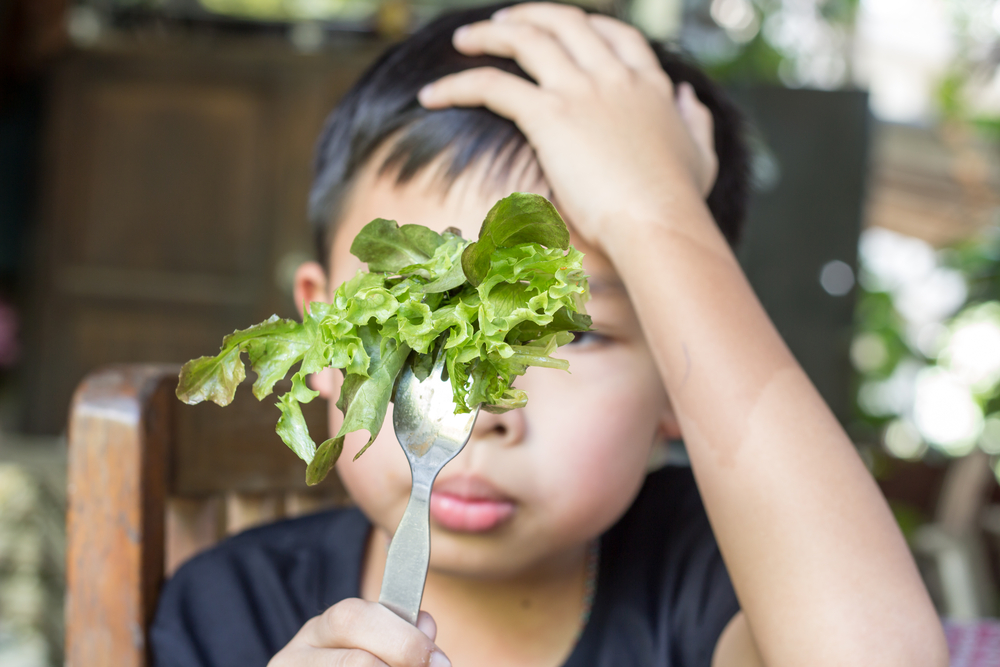Contents:
- Medical Video: 5 Ways To Deal With A Crying Baby
- Why is it important to make baby belch?
- When do babies have to burp?
- Then, when should you be worried?
Medical Video: 5 Ways To Deal With A Crying Baby
Belching babies is a common thing, especially after he drinks milk. In fact, the actual baby must be helped if he or she does not burp sothe stomach is not bloated due to most gas. However, what happens if your baby burps too often? Is baby belching too often normal?
Why is it important to make baby belch?
Just like an adult, the baby will belch shortly after he finishes filling his stomach. As long as he is breastfeeding, whether it's breast milk (baby 0-6 months) or drinking formula milk (baby more than 6 months), some air goes into the stomach. Even when not eating, reported from WebMD, usually air can enter the baby's stomach up to 13-21 times per day - from crying, when he bit his toys, to laugh. Stomach that has a lot of gas can get make your child bloated and feel uncomfortable.
In addition, when the food or breast milk that he consumes is being digested in the body, good bacteria that are present in the digestion can produce a certain amount of gas, thus increasing the amount of gas in his stomach.
So indeed the thing you have to do is to make the baby belch and exhale excess air from his stomach to make him comfortable again. In short, baby belching quite often is natural. In fact, you have to make it burp every time he finishes breastfeeding.
When do babies have to burp?
According to the American Academy of Pediatrics you need to make baby belch even when they don't cry or whine due to a bloated baby's stomach. If the baby is being breastfed, then you should make your baby burp every time he moves to breastfeed the other breast. Meanwhile, if your child drinks milk with a bottle, you should make it burp every time he finishes drinking 60-90 ml of milk.
To make baby belch, you can do it while holding the baby and putting his head and body on your chest, leaving the baby's chin against your shoulder. then, hold the back of your head and shoulders with one hand. While the other hand rubs and pat the baby's back slowly and gently.
Then, when should you be worried?
If the baby cannot belch or you rarely burp, then the amount of air in the baby's stomach is increasing. This then makes the baby more fussy and can interfere with his health. You should immediately take your baby to the doctor if he experiences:
- Can not defecate, or bloody bowel movements
- Vomiting continuously
- Very fussy and can't be kept quiet
- Have fever for days until it reaches 38 degrees Celsius
Doctors can determine what causes your baby to not belch and provide appropriate treatment.

